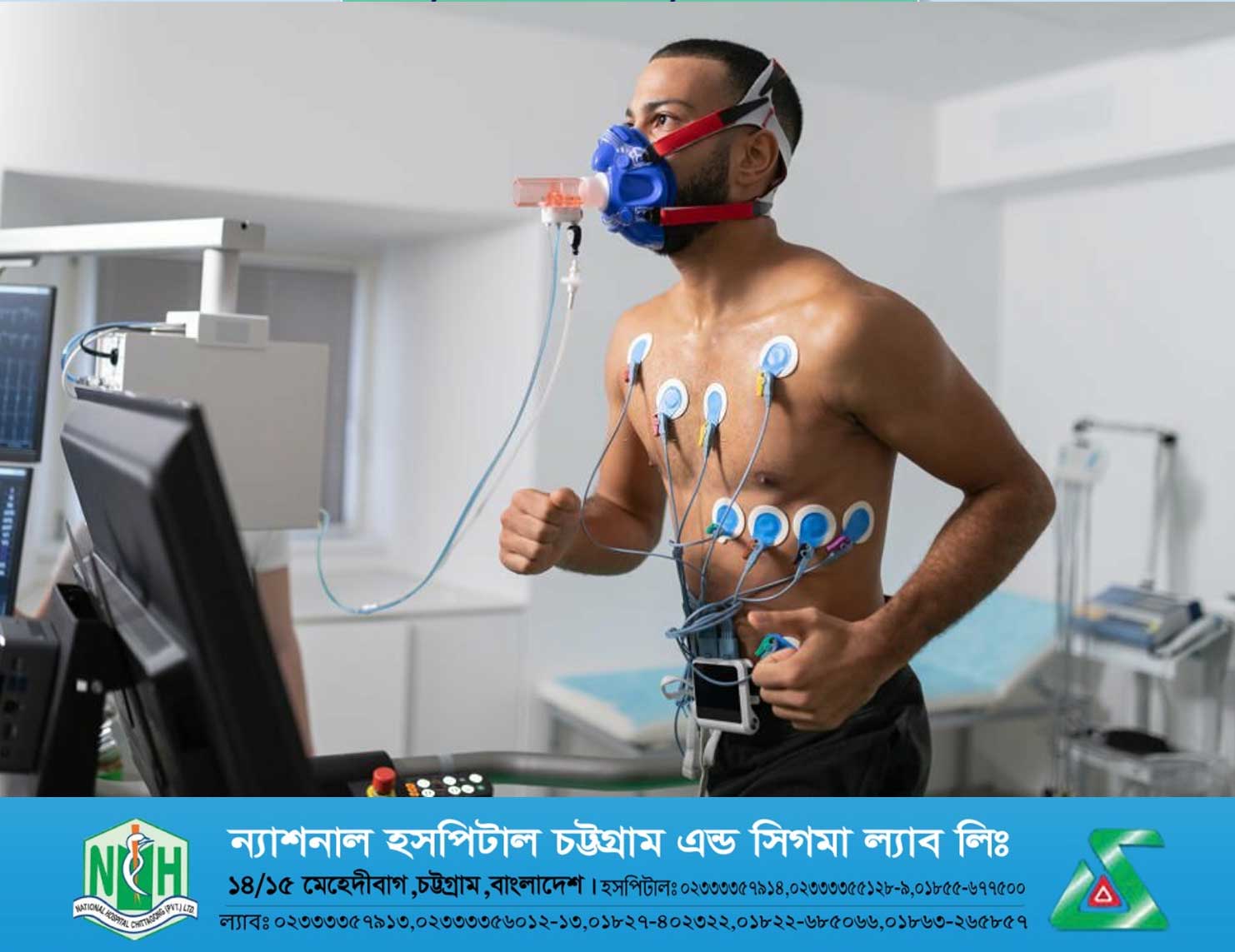ETT Test Price in Bangladesh

Regular health check-ups are essential for maintaining good health and preventing potential issues from escalating. One crucial diagnostic tool that can help assess heart health is the Exercise Tolerance Test (ETT), also known as a stress test. In this blog, we'll explore what an ETT entails and provide information on the availability and pricing of ETT tests in Bangladesh.
What is an Exercise Tolerance Test?
An Exercise Tolerance Test, often called a stress test, is a non-invasive procedure to evaluate the heart's ability to handle physical activity. It is a valuable diagnostic tool that can help detect various heart conditions, including coronary artery disease and arrhythmias.
ETT Test Price in Bangladesh
The cost of an ETT in Bangladesh can vary depending on the medical facility and location. It's advisable to contact hospitals, clinics, or diagnostic centres in your area to inquire about the specific pricing for an ETT. Also, the ETT Test is available in National Hospital Chattogram & Sigma Lab Ltd. Here are the most common ETT test prices in Bangladesh:
ETT Test | Price Range |
|---|---|
ETT | 2500 BDT |
ECG | 200 BDT |
Holter Monitor | 4000 BDT |
2D M-mode | 2000 BDT |
Color Doppler | 2000 BDT |
Paediatric Color Doppler | 2500 BDT |
Tissue Doppler Imaging (TDI for CRT) | 2800 BDT |
Paediatric Color Doppler (Under anesthesia) | 3000 BDT |
Carotid Duplex | 2800 BDT |
Peripheral Duplex (upper/lower limb) | 3000 BDT |
Transoesophageal Echo (TEE) | 3500 BDT |
During an ETT, the patient exercises on a treadmill or stationary bike while their heart rate, blood pressure, and ECG (electrocardiogram) are continuously monitored. The intensity of exercise gradually increases until the patient becomes fatigued or experiences symptoms such as chest pain, shortness of breath, or palpitations. The test helps cardiologists assess heart function during exertion and evaluate the effectiveness of treatments.
Who Needs an ETT?
Several symptoms and medical conditions may indicate the need for an ETT:
1. Angina (chest pain)
2. Breathlessness
3. Heart failure
4. Chest pain
5. Blackouts or fainting
6. Heart palpitations
If you experience these symptoms or have been diagnosed with a related condition, your cardiologist may recommend an ETT to gather valuable information for an accurate diagnosis.
ETT Test Procedure
The ETT procedure is straightforward and conducted under close supervision. Here's what typically happens during the test:
1. The patient is attached to an ECG recording monitor.
2. The patient either sits on a stationary bike or stands on a treadmill.
3. The exercise begins slowly and gradually increases in intensity.
4. Technicians monitor heart rate, blood pressure, and any changes in the ECG.
5. The patient is asked to report chest pain or discomfort during the test.
Risks and Safety
ETTs are generally safe procedures with minimal risk. Medical facilities conducting these tests have resuscitation facilities available to ensure patient safety in the unlikely event of an emergency.
After the ETT
Once the exercise portion of the test is complete and the patient's heart rate and blood pressure return to normal, the test is finished. The results are then analyzed, and if coronary heart disease is suspected, the cardiologist will create a personalized treatment plan based on the diagnosis.
Exercise Tolerance Tests (ETTs) are essential for assessing heart health and diagnosing various cardiac conditions. If you're experiencing symptoms related to heart health or have been diagnosed with a heart-related issue, consult with a healthcare professional in Bangladesh to determine if an ETT is necessary. Remember to inquire about the pricing and payment options available to ensure you receive the best care for your heart health.
